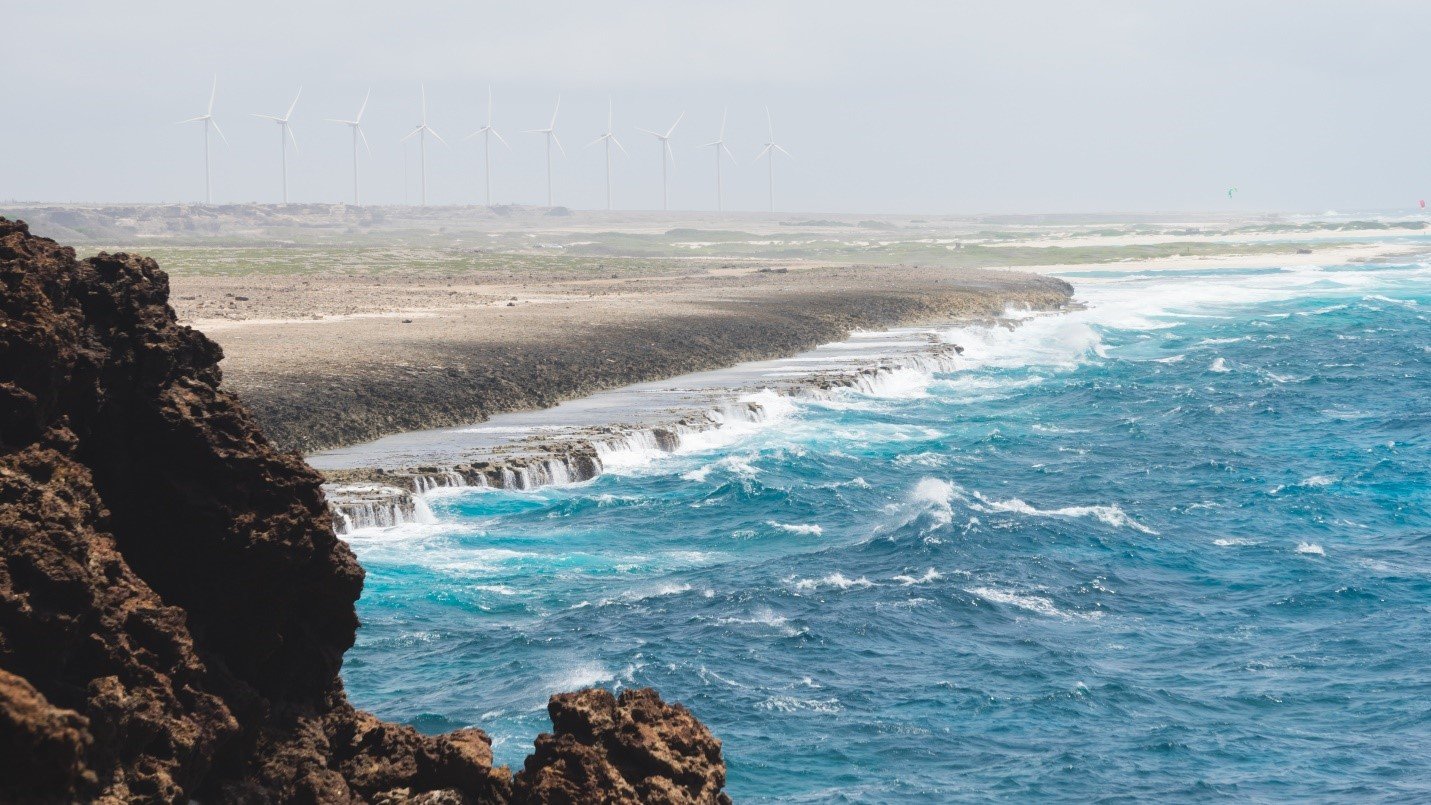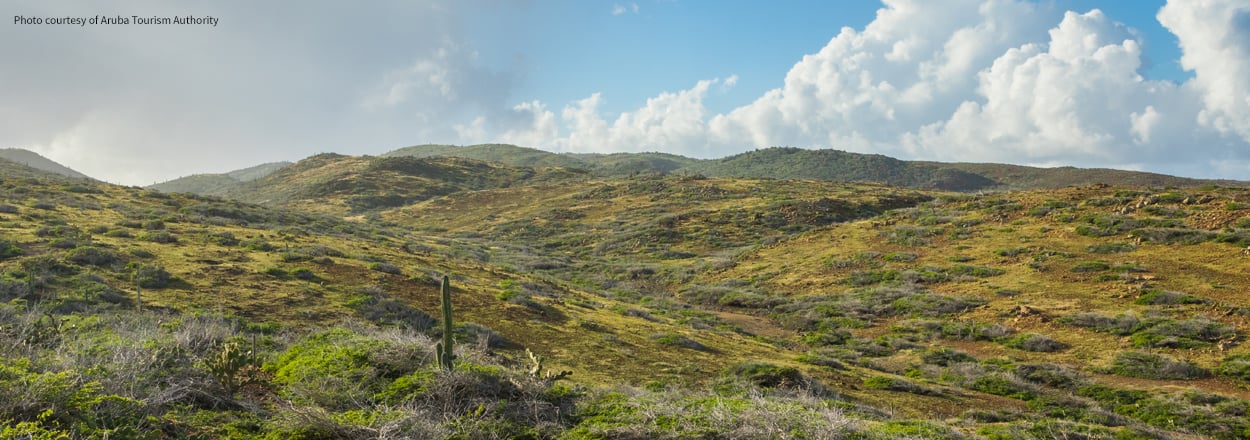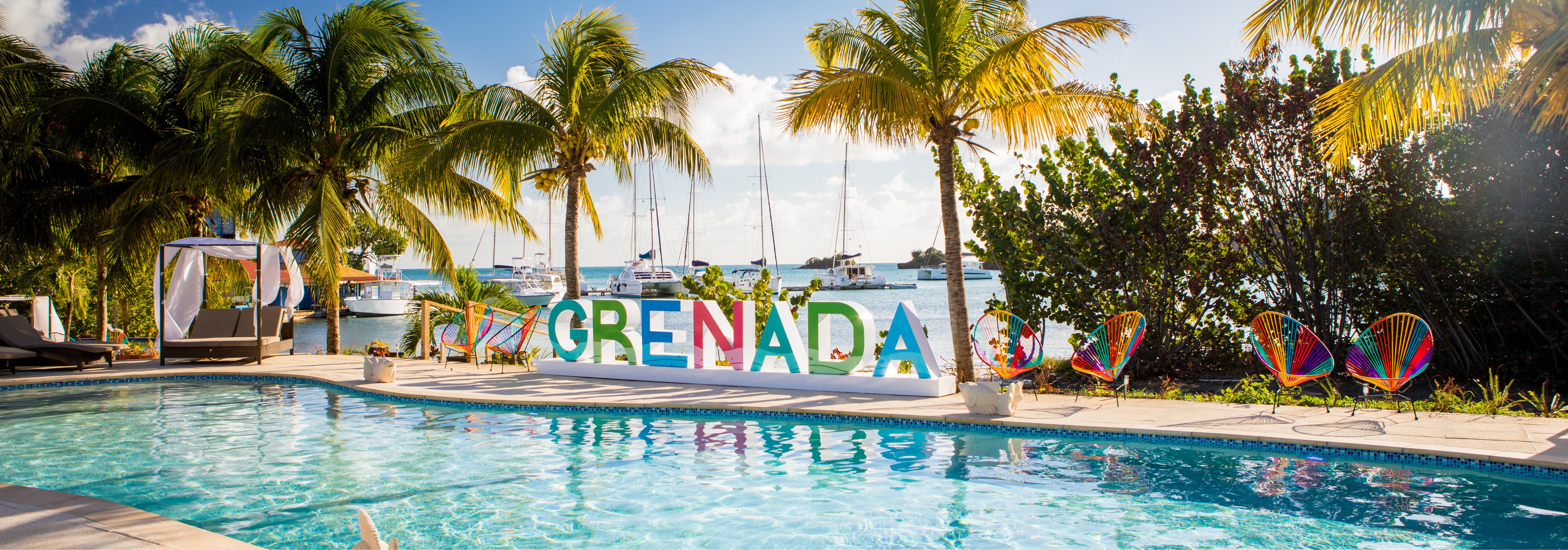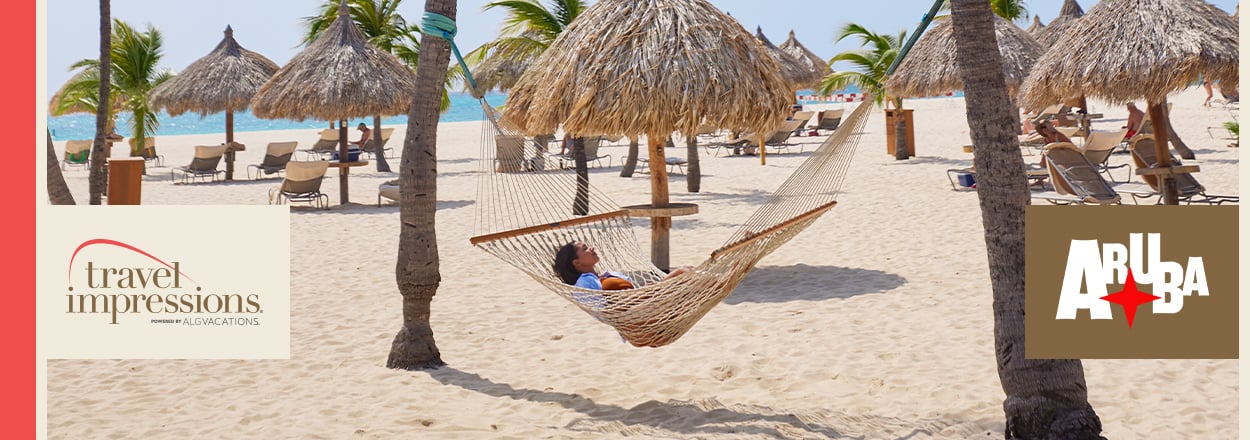Aruba is one of the most tourism-reliant countries in the world, with 70% of the island’s economy dependent on the tourism industry. Aruba is committed to infrastructure and sustainability efforts that will improve the quality of life for locals and the travel experience for visitors. Through action and awareness, current initiatives and long-term vision, the public and private sectors are working hand-in-hand to protect the environment for future generations.
The Aruba Tourism Authority has an inspirational awareness campaign highlighting the importance of sustaining the island’s environment and heritage. The backbone of the My Promise to Aruba initiative is to create awareness of Aruba’s proactive sustainability mindset, encouraging everyone who loves Aruba to be mindful of their footprint and how their care of our environment can positively impact the island for generations to come. Each visitor can make their promise to Aruba to be a mindful visitor before their arrival at www.aruba.com/promise.
Arikok National Park
Arikok National Park, located at the northeastern part of the island, covers about 18% of the land area of Aruba. The Visitor Center has a sustainable design that utilizes solar panels to light the park. The center houses exhibits acquainting visitors with Aruba’s endemic animals. Park rangers maintain trails and protect natural resources and act as guides, available to take visitors around the park for tours that showcase fascinating flora and fauna and interesting historical sites.
Conservation efforts include bat monitoring (bats are necessary to pollinate cactus flowers, ultimately providing food for lizards and birds). Arikok has also teamed up with the Aruba Birdlife Conservation and The Global Owl Project to relocate indigenous shoco owls in high-risk areas to the safety of the park.
In 2017, the scope of the park’s management increased to include Spanish Lagoon, one of the largest natural lagoons in the Caribbean. The park also manages four designated marine protected areas, known collectively as Marine Park Aruba. These areas, pinpointed for their rich biodiversity and nutrient-rich seagrass beds and coral reefs, are a favored breeding ground for coastal bird species, as well as feeding and nursery areas for several species of dolphins, sea turtles, and other sea life.

The park is open daily from 8 a.m. to 4 p.m. Entrance fee is $15.00 per adult (children under 17 are free of charge).
Environmental Initiatives
Ban on Single-Use Plastics
An official ban on single-use plastics went into effect as of July 1, 2020. Banned items include plastic/Styrofoam cups, plates and food containers, and plastic straws, stirrers and utensils.
Ban on Sunscreens With Oxybenzone
Sunscreens that contain oxybenzone are also prohibited on Aruba as of 2020. Coral reefs around the world are suffering from bleaching events, and oxybenzone directly impacts corals’ defensive abilities. Chemicals like oxybenzone damage the DNA of coral, preventing it from recovering and developing.
ScubbleBubbles
Youth scuba diving club ScubbleBubbles has teamed up with local businesses to initiate coral nurseries along Aruba’s coast comprised of underwater “trees” constructed from PVC pipes. There are currently ten thriving coral nurseries that contribute coral transplants to other reefs around the island.
Turning the Tide
Launched this year, this coastal conservation project is a collaboration with Arikok National Park, Wageningen University & Research, ScubbleBubbles and University of Aruba. The project, funded with EUR 713,000, is approaching its conservation efforts in three ways: coral reef restoration, mangrove forest restoration and awareness building.
TurtugAruba
Through the efforts of TurtugAruba and its volunteers (both locals and tourists), sea turtle nests on Aruba have steadily increased from just a few back in 2000 to over 70 a year on average. The foundation has forged relationships with resorts located along Aruba’s beaches to create awareness among staff and guests of the importance of preserving the nests.
Environmental Certifications
Aruba’s EarthCheck Certified Resorts:
Bucuti & Tara Beach Resort, Divi Resorts, La Cabana Beach Resort, Amsterdam Manor Beach Resort, Hyatt Regency Aruba Resort, Aruba Marriott Resort & Stellaris Casino, MVC Eagle Beach Resort, Renaissance Windcreek Aruba Resort & Casino, Hilton Aruba Caribbean Resort & Casino, and DePalm Tours, Marriott’s Aruba Ocean Club and Surf Club and Paradise Beach Villas
Platinum Green Globe Certified Resorts:
Bucuti & Tara Beach Resort and Manchebo Beach Resort





comments